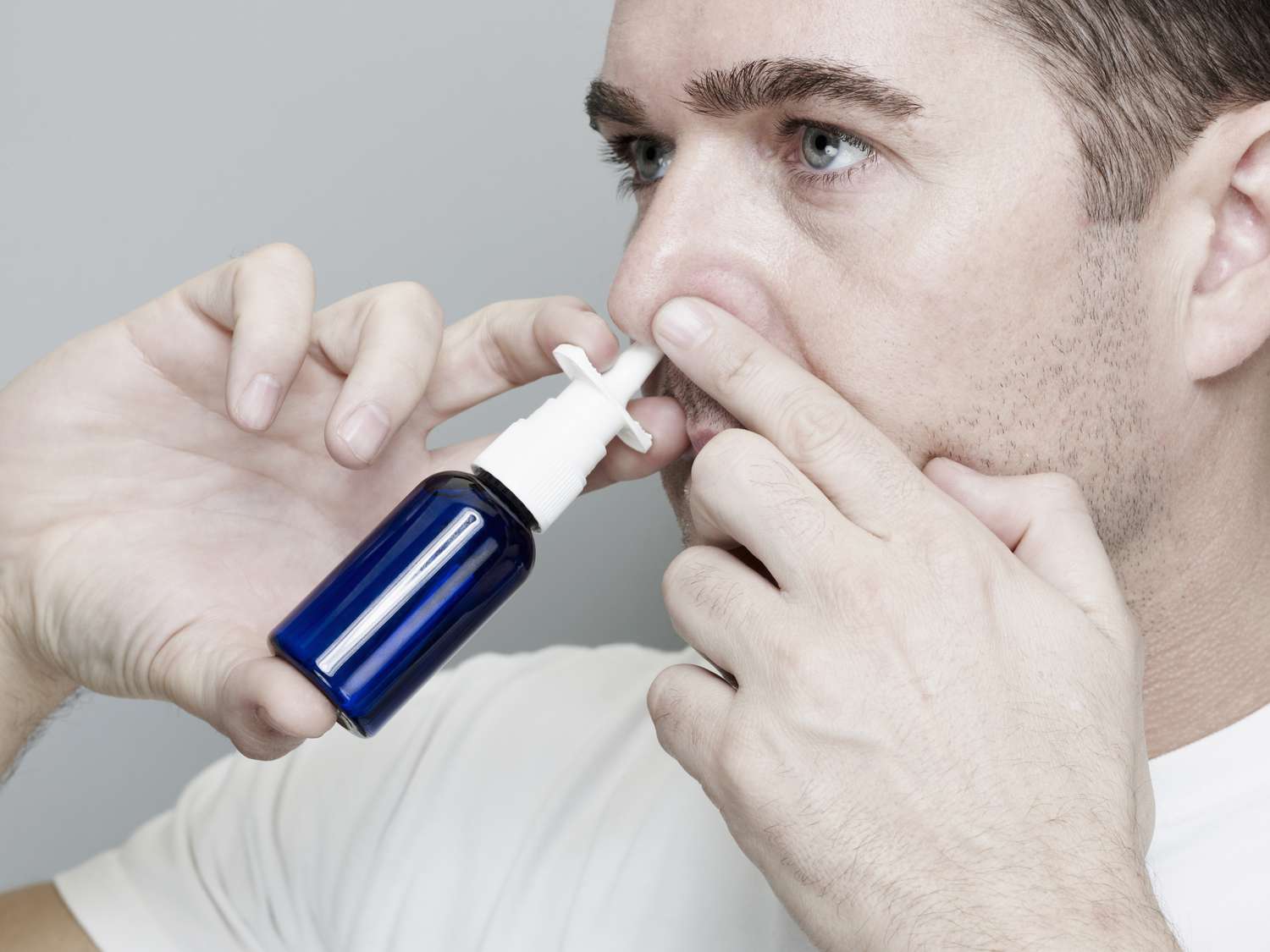Introduction
Gingivitis is a common but often overlooked oral health issue that affects millions of people worldwide. It’s characterized by inflammation of the gums, typically caused by poor oral hygiene practices. While gingivitis is treatable and reversible, neglecting it can lead to more severe oral health complications and delve into the causes, symptoms, prevention strategies, and treatment options for gingivitis.
What is Gingivitis?
Gingivitis, derived from Latin (gingiva means “gum” and -itis means “inflammation”), refers to inflammation of the gums. It’s the initial stage of gum disease and is often reversible with proper care. Gingivitis is primarily caused by the accumulation of plaque—a sticky film of bacteria—on the teeth and gums.
Causes of Gingivitis
Gingivitis, the inflammation of the gums, can be attributed to various factors, both behavioral and biological. Understanding these causes is crucial in preventing and managing this common oral health issue.
- Poor Oral Hygiene: The most common cause of gingivitis is inadequate oral hygiene practices. When plaque, a sticky film of bacteria, accumulates on teeth and along the gumline, it irritates the gums, leading to inflammation. Failure to brush teeth regularly and effectively, as well as neglecting flossing, allows plaque to build up, increasing the risk of gingivitis.
- Plaque Buildup: Plaque serves as a breeding ground for bacteria, particularly if not removed regularly. Over time, the bacteria in plaque produce toxins that irritate the gums, triggering an inflammatory response. If left unchecked, plaque hardens into tartar (calculus), which cannot be removed by brushing alone and requires professional cleaning by a dentist or dental hygienist.
- Tobacco Use: Smoking cigarettes or using smokeless tobacco products significantly increases the risk of developing gingivitis. Tobacco use weakens the immune system, impairs blood flow to the gums, and hampers the body’s ability to fight off infection. Smokers are more likely to have persistent gum inflammation and are at greater risk of developing advanced gum disease.
- Poor Nutrition: A diet lacking in essential nutrients, particularly vitamin C, can compromise gum health and increase susceptibility to gingivitis. Vitamin C plays a crucial role in collagen production, which helps maintain the integrity of gum tissue. Additionally, consuming excessive amounts of sugary or acidic foods and beverages can contribute to plaque buildup and gum irritation.
- Hormonal Changes: Hormonal fluctuations, such as those occurring during puberty, pregnancy, menstruation, and menopause, can affect gum health. Increased levels of hormones like estrogen and progesterone can make gums more sensitive to irritants like plaque, leading to heightened inflammation and susceptibility to gingivitis.
Symptoms of Gingivitis
Gingivitis, the earliest stage of gum disease, often manifests with subtle signs that may be overlooked or mistaken for minor oral issues. However, recognizing these symptoms is crucial for early intervention and preventing the progression of gum disease.
- Swollen Gums: One of the hallmark signs of gingivitis is gum inflammation. The gums may appear puffy, swollen, and tender to the touch. Inflammation is the body’s response to bacterial infection and irritation caused by plaque buildup along the gumline.
- Bleeding Gums: Healthy gums should not bleed during routine activities such as brushing, flossing, or eating. However, individuals with gingivitis may notice bleeding when brushing or flossing, often due to the presence of inflamed and weakened gum tissue.
- Gum Discoloration: Healthy gums typically have a pale pink color. In individuals with gingivitis, the gums may appear red, dusky, or purplish due to increased blood flow and inflammation. Changes in gum color are a visual indicator of gum disease and should prompt further evaluation by a dental professional.
- Bad Breath: Persistent bad breath is a common complaint among individuals with gingivitis. The odor is often caused by bacteria in the mouth releasing foul-smelling gases as they metabolize food particles and plaque. Despite regular brushing and mouthwash use, bad breath may persist until the underlying gum inflammation is addressed.
- Gum Sensitivity or Pain: Gingivitis can cause gums to become sensitive or painful, especially when pressure is applied during brushing, flossing, or eating. Tender gums may deter individuals from practicing proper oral hygiene, exacerbating the condition and contributing to plaque accumulation.
Conclusion
Gingivitis is a common and treatable condition that, if left unchecked, can lead to more severe forms of gum disease and oral health problems. By practicing good oral hygiene, making healthy lifestyle choices, and seeking prompt dental care, you can prevent and even reverse gingivitis, ensuring your gums and teeth stay healthy for years to come. Remember, maintaining a healthy smile starts with taking care of your gums.




